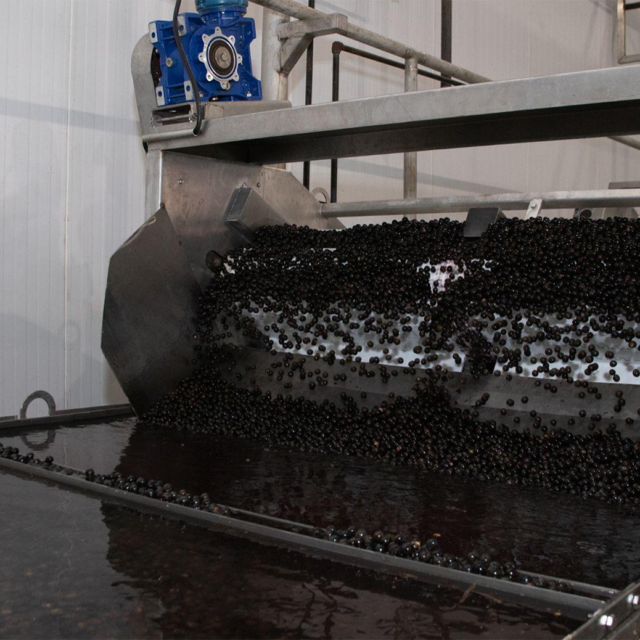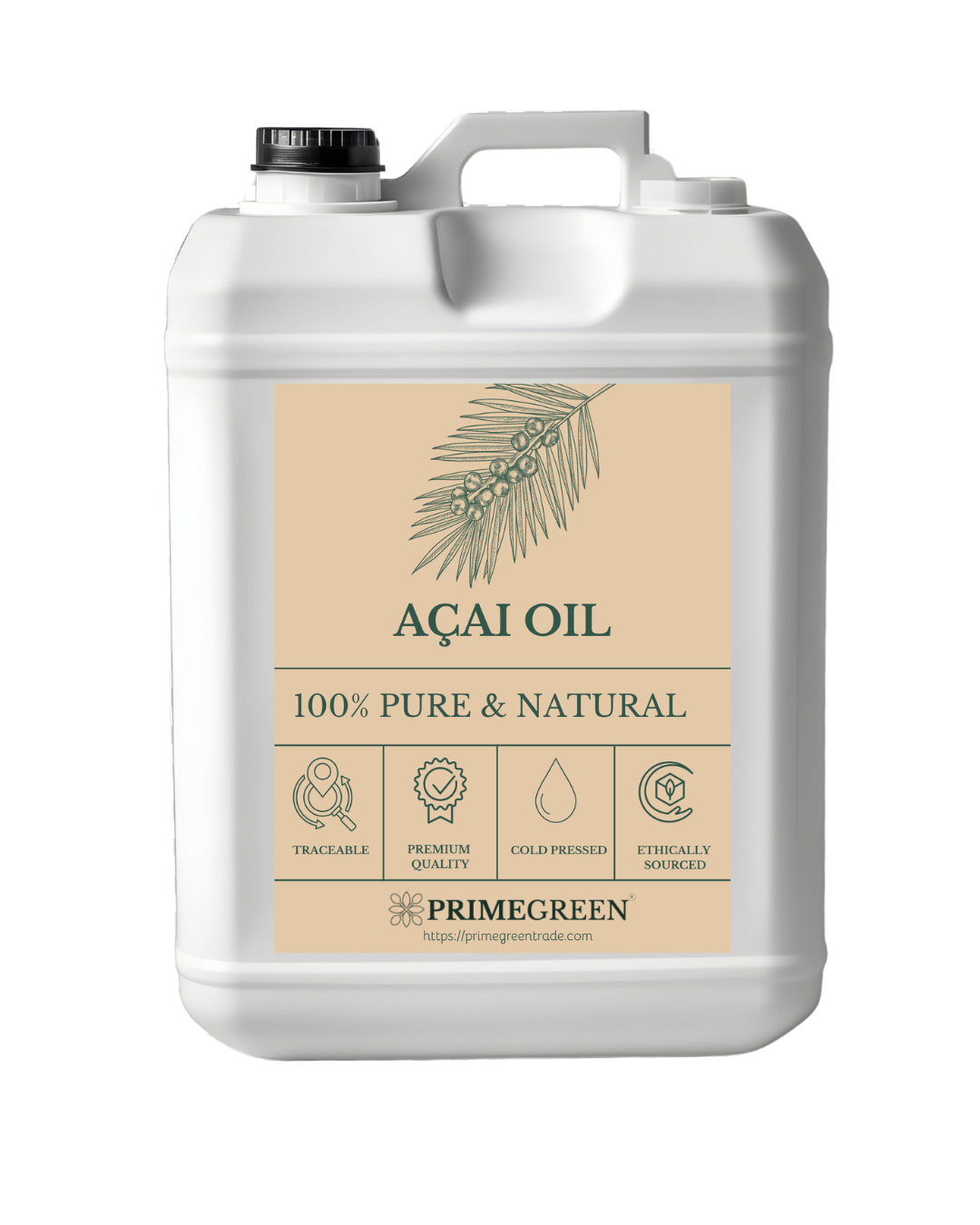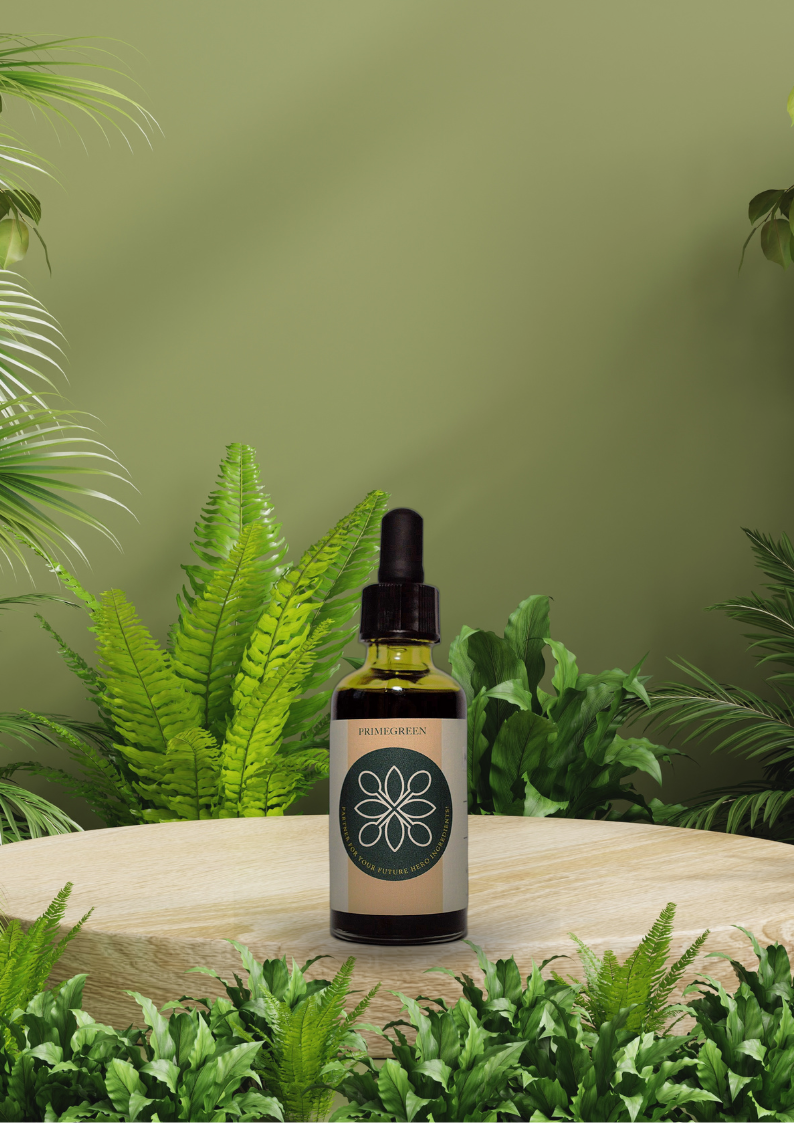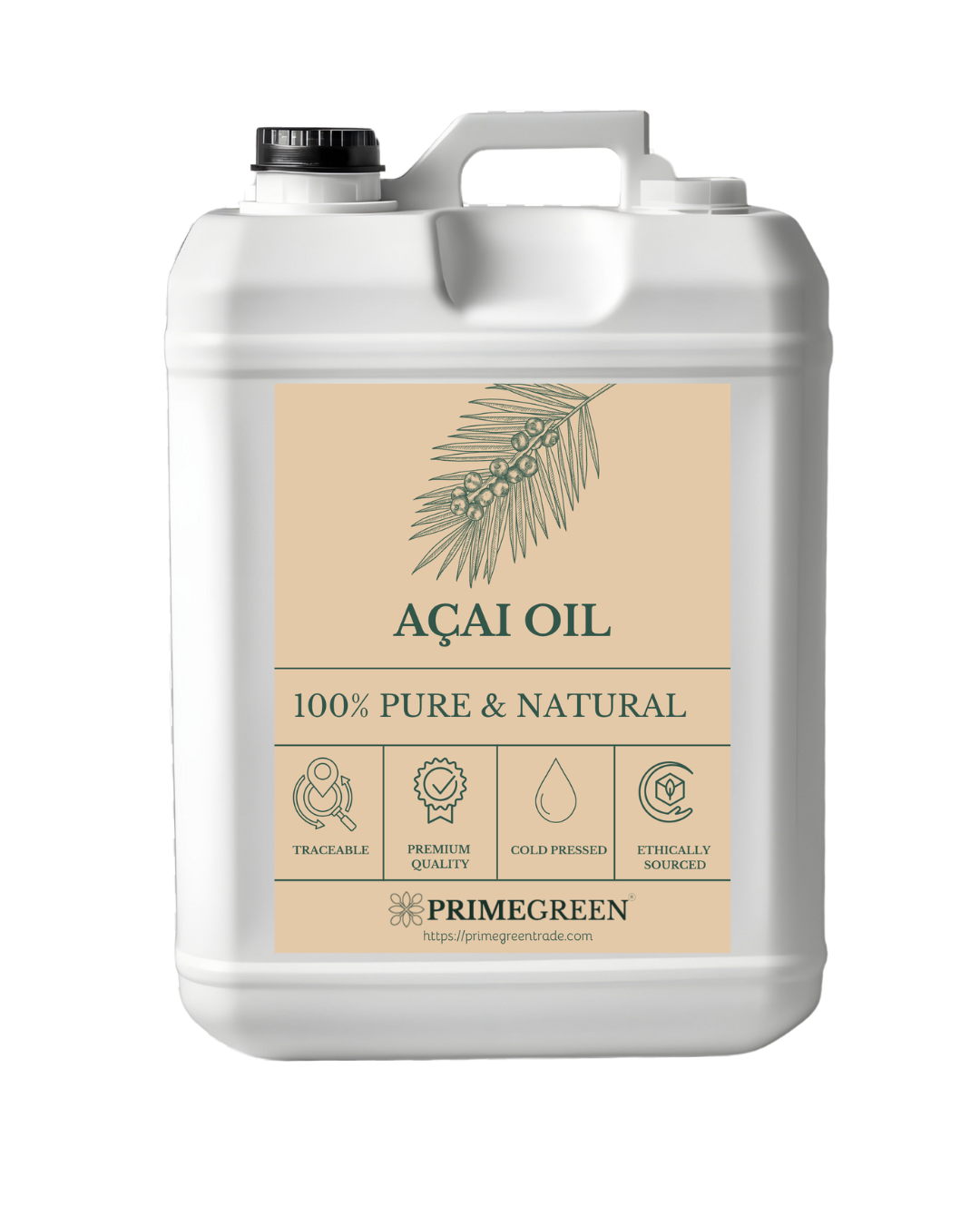
-
A Healthy Ecosystem
Açai palms thrive without heavy agricultural interventions. They do not require fertilizers or pesticides as they are grown in their natural habitat.
It grows alongside other native plants like the Buriti palm tree and banana trees for example. -
Harvesting Açai
Harvesting takes place by climbing to the top of the tree and handpicking the ripened berries to avoid deforestation, while preserving their cultural heritage.
Only ripe berries are collected, allowing the Açai palm tree to naturally regenerate. -
Social Impact
Our growing partner subsidized the organic certification of more than 30 associated farmers.
The communities are empowered to produce higher quality fruits and maintain biodiversity. From which they can earn a livelihood while preserving their cultural heritage. -
The Tree
The Açai tree (Euterpe oleracea) is a slender, multi-stemmed palm native to the Amazon rainforest, particularly in Brazil, Colombia, and Ecuador.
It grows in floodplains and wetlands, reaching up to 25 meters tall. The tree is famous for producing açai berries, which are rich in antioxidants, healthy fats, and nutrients.
The story behind our ethically sourced Açai oil
Açai oil: Production process
-

Harvesting
Harvesting the Açai berries from the wild Açai tree
-

Transportation to factory
Transportation of the Açai berries by boat, in open containers to maintain their quality, from the communities in the Amazon to the cooperative.
-

Fruit preparation
Washing of the Açai berries with pure water at the factory
-

Separation
Separation of the pulp of Açai berries from the seeds .
-

Oil extraction
Pulp is pasteurised and centrifugated to obtain the Açai oil and the Açai water.
-

Filtration
Filtration
Açai Oil FAQ: Benefits, Uses & Complete Guide
What defines a high-quality Açaí Oil?
Cold-pressed, deep purple hue, and high oxidative stability.
Is Primegreen's Açaí Oil ethically and sustainably sourced?
Yes, sourced through responsible Amazonian cooperatives.
What is the difference between cold-pressed and refined Açaí Oil?
Cold-pressed retains more nutrients and color; refined is lighter and more neutral.
How long does Açaí Oil last once opened, and how should it be stored?
6–12 months; store in a cool, dark place.
Primegreen
Açai oil
Enter your email below, and we'll connect with you shortly to discuss your high-volume needs.
Share










